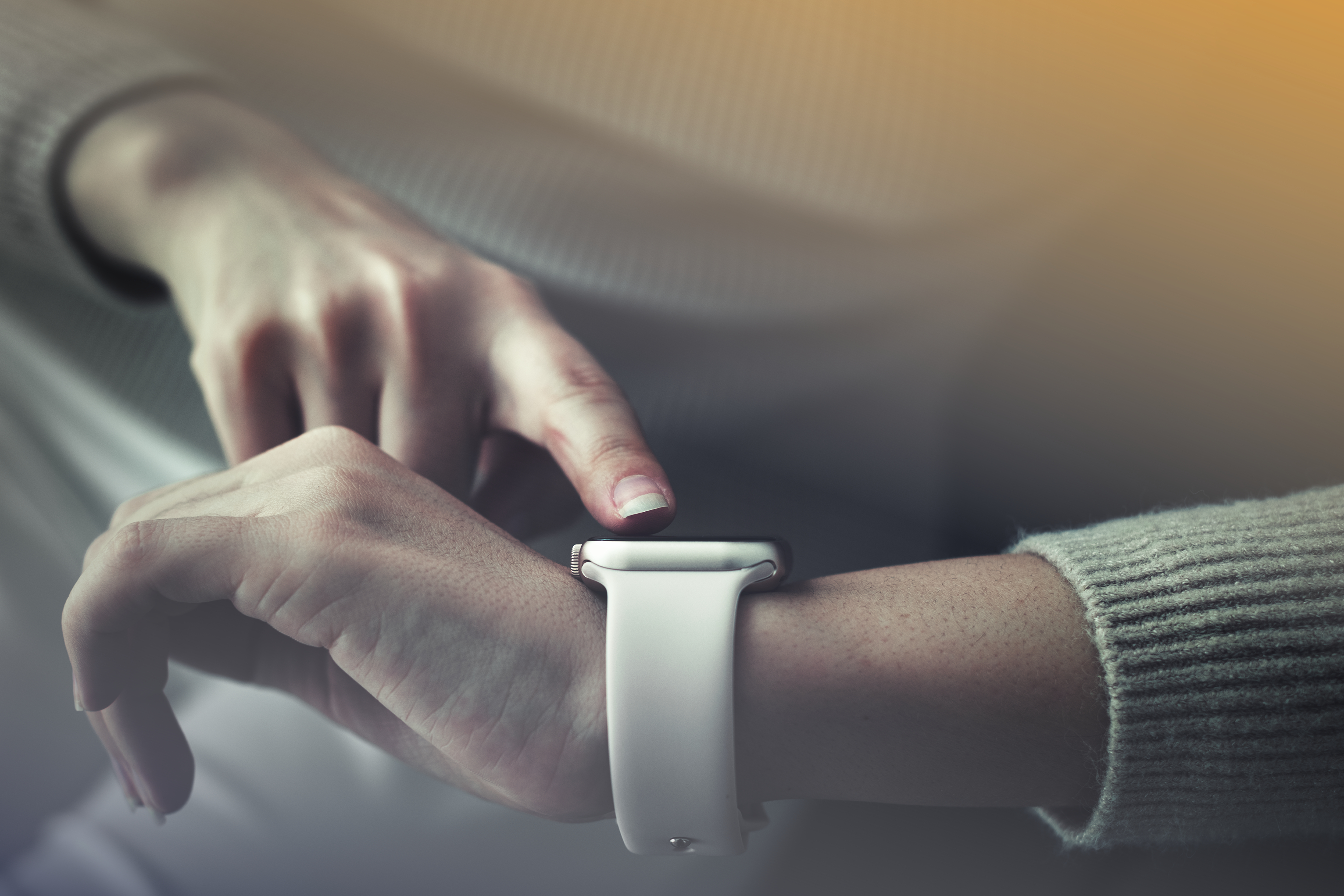Blog Posts & Blog Archives
All Blogs / technology-and-research
The Future of Wearable Technology in Healthcare
Explore the future of wearable technology in healthcare, from real-time health monitoring to early disease detection, and cost-effective healthcare solutions.
Sunday, December 15, 2024
The Future of Wearable Technology in Healthcare
Wearable technology is reshaping the healthcare landscape, offering new ways for individuals and healthcare professionals to monitor, manage, and improve health outcomes. As these devices evolve, they are transforming the way we approach medical care by providing real-time data, enhancing patient engagement, and empowering proactive healthcare. The future of wearable technology in healthcare holds immense potential, with innovations that promise to revolutionise preventive care, chronic disease management, and personalised medicine.
What is Wearable Technology in Healthcare?
Wearable technology in healthcare refers to devices worn on the body that collect and track various health metrics, such as heart rate, physical activity, sleep patterns, and even blood oxygen levels. Common examples include fitness trackers, smartwatches, and specialized medical devices designed for continuous health monitoring. These devices utilize sensors to gather health data, which can then be analyzed by individuals or healthcare providers to make informed decisions about their health.
Popular Types of Wearable Healthcare Devices
Fitness Trackers: Devices like Fitbit and Garmin track physical activity, heart rate, sleep quality, and calorie burn, helping users maintain an active lifestyle.
Smartwatches: Apple Watch and Samsung Galaxy Watch offer sophisticated health monitoring features, including ECG, blood oxygen measurement, and fall detection.
Continuous Glucose Monitors (CGMs): Devices like Dexcom and Abbott's FreeStyle Libre help individuals with diabetes continuously monitor their blood sugar levels.
Wearable ECG Monitors: Portable ECG monitors like AliveCor’s KardiaMobile allow users to track heart health and detect abnormalities in heart rhythms.
Smart Clothing: Embedded with sensors, smart clothing can monitor a range of vital signs, such as heart rate, respiratory rate, and muscle activity, providing valuable health insights.
The Current Impact of Wearables in Healthcare
Wearables are already making significant contributions to healthcare in several key areas:
1. Chronic Disease Management
Continuous glucose monitors provide diabetics with real-time blood sugar readings, leading to better glycemic control. Likewise, wearable ECG monitors assess heart health and can alert users to irregular heart rhythms, aiding in the early identification of conditions like atrial fibrillation.
2. Preventive Healthcare
Fitness trackers and smartwatches encourage individuals to adopt healthier habits by tracking physical activity, sleep patterns, and calorie intake. By making users more aware of their daily health metrics, these devices promote better lifestyle choices and reduce the risk of developing chronic diseases.
3. Remote Patient Monitoring
Wearables enable healthcare providers to keep an eye on patients from a distance, minimizing the necessity for regular in-person appointments. This is particularly beneficial for elderly patients and those residing in isolated areas. By using remote patient monitoring, healthcare practitioners can identify early signs of health decline and take necessary actions, ultimately enhancing patient outcomes.
4. Improved Patient Engagement
With real-time health information at their fingertips, patients can take a more proactive role in managing their conditions and making informed decisions about their lifestyle and treatment options.
The Future Benefits of Wearable Technology in Healthcare
The continued evolution of wearable technology will bring about numerous benefits, not only for individuals but for the healthcare system as a whole:
1. Improved Early Detection
Wearables equipped with advanced diagnostic features will enable the early detection of health issues such as cardiovascular disease, diabetes, and cancer. Identifying these conditions early enhances the chances of successful treatment and can lower overall healthcare expenses by minimising the necessity for expensive emergency interventions.
2. Cost Savings for Healthcare Systems
Wearable technology can reduce the burden on healthcare systems and cut costs by promoting preventative care and facilitating remote monitoring. This remote monitoring allows healthcare providers to manage chronic conditions more efficiently, which helps decrease the frequency of hospital stays and visits to the emergency room.
3. Greater Access to Care
This is especially valuable for individuals in rural or underserved areas, where access to medical professionals may be limited. Wearables bridge this gap by providing continuous health monitoring and early warning alerts, ensuring that patients receive timely care no matter their location.
4. Increased Patient Engagement
Wearables will continue to enhance patient engagement by giving individuals direct access to real-time health data. This empowers patients to take control of their health, make informed lifestyle choices, and actively participate in managing chronic conditions.
Conclusion:
Wearable technology is poised to revolutionise healthcare by enabling real-time health monitoring, early detection of diseases, and personalised medical care. As innovations continue to emerge, wearables will play an even more significant role in improving patient outcomes, reducing healthcare costs, and democratising access to medical services. While challenges remain, the future of wearable technology in healthcare is bright, offering the potential for a more proactive, personalised, and efficient healthcare system.
Related Blogs
The Future of Job Searching
Unveil the future of job searching with a focus on technology, global connectivity & the shift towards remote work. Navigate the evolving job market's impacts.
By WelinkJobs | Friday, March 22, 2024
Top 7 Emerging Technologies Shaping the Future of Education
Discover the top 7 emerging technologies shaping the future of education. From AI to VR, explore how these innovations are shaping the future of learning.
By WelinkJobs | Wednesday, January 10, 2024



